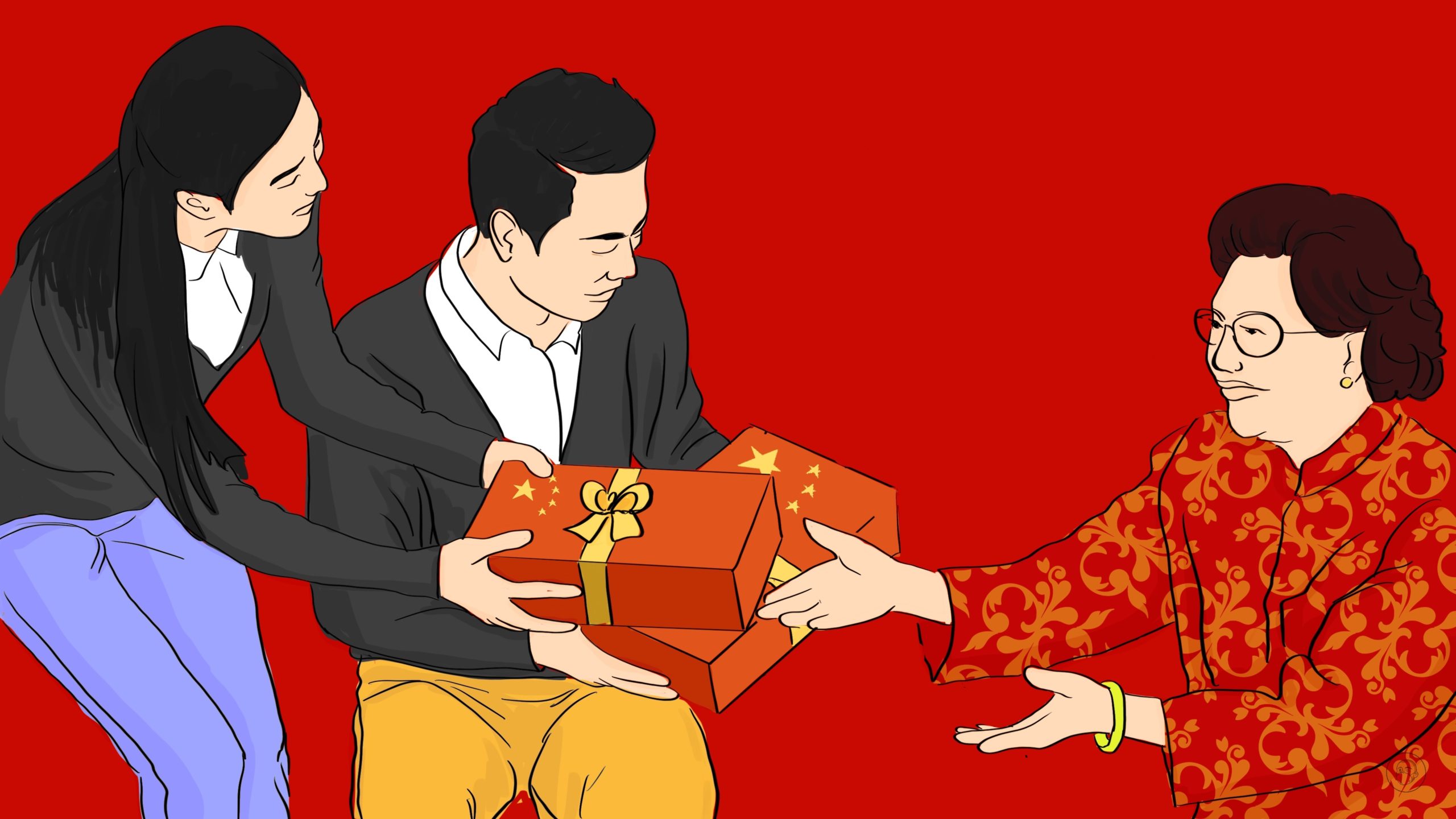‘Dare not, cannot, want not’: New regulations for dealing with the old problem of family corruption
With new regulations aimed at corruption that runs in the families of Party members, Xi Jinping’s anti-corruption drive has taken on an old and familiar foe.

On Monday, we reported that the General Office of the Communist Party of China released new regulations that affect business-owning spouses and children of Party members, requiring members to carefully report such information. Family-run businesses will be subject to random inspections, with the Party member facing dismissal in case of violations. On the same day, Xinhua ran a commentary explaining the new regulations, and outlining why this stubborn and insidious form of corruption is so pervasive. Corruption among family members is a common phenomenon, as it’s easy for state-owned businesses to become subsumed in local power politics, and to become de facto family enterprises operating to the benefit of a small number of relatives.
Spouses and children are the closest people to Party members and officials in positions of power, and there have been countless cases of such family corruption where relatives seek personal gain through their business and government connections.
- In January this year, a five-part series, Zero Tolerance (零容忍 Língróngrěn), produced by the Party’s Central Commission for Discipline Inspection (CCDI), was aired on CCTV. One of the cases outlined in the series was about an official from Guizhou Province who colluded with his younger brother and son to accumulate wealth by awarding dodgy contracts and deals.
- At its fourth plenary session in early 2020, the CCDI provided a long list of names of former Party officials who fell from grace due to family corruption, including Zhōu Yǒngkāng 周永康, the first Politburo Standing Committee member to be tried for corruption in 2013; Bó Xīlái 薄熙来, the controversial former Party Secretary of Chongqing; and Líng Jìhuà 令计划, who was a close adviser of former president Hú Jǐntāo 胡锦涛.
So far this year, the website of the CCDI has published several cases of corrupt officials at state-owned enterprises, and often, relatives are involved with fake transactions, collusion on bidding, and irregular awarding of projects.
- The general manager of a construction engineering company in Zhejiang Province, for example, awarded a contract to a company he knew was controlled by his spouse and younger brother.
- In other cases, officials inflated contracts to embezzle state funds, illegally sold state land and assets to private interests, or took bribes and exploited loopholes in the system.
The context
Regulations aimed at restricting the behavior of Party officials’ relatives are not new. Such regulations were issued by the Party as far back as 1985, and the CCDI has issued a string of further regulations since then. In 2014, the Party Committee of Shanghai launched a special inspection of Party members’ family business connections, which resulted in 137 relatives withdrawing from business activities, 11 adjusting their positions, 10 who were dismissed, and one who resigned, as well as disciplinary proceedings against three Party members. In short order, Party committees in Beijing, Guangdong, Chongqing, and Xinjiang initiated similar inspections.
Last week, President Xí Jìnpíng 习近平 delivered a speech on corruption at a Politburo study session, describing the government’s fight against corruption as a major political struggle that “cannot and must not be lost.” Xi characterized corruption as the manifestation of the long-term accumulation of harmful elements within the Party, and their elimination as a grim and complex struggle.
- Emphasizing the need to address the root causes of corruption, Xi explained a process within the Party of “dare not, cannot, want not,” in which members dare not commit corruption because of awe and respect for the Party, are unable to commit acts of corruption because of Party systems and regulations, and would not even consider such acts because of their Party consciousness (觉悟 juéwù).
The takeaway
Family corruption is an old problem in the Party. Though Xi Jinping’s anti-corruption drive claims to have made great strides and has now put Party members’ spouses and children in its crosshairs, the pernicious nature of this phenomenon makes it extremely hard to deal with and virtually impossible to estimate the extent of its pervasiveness.






